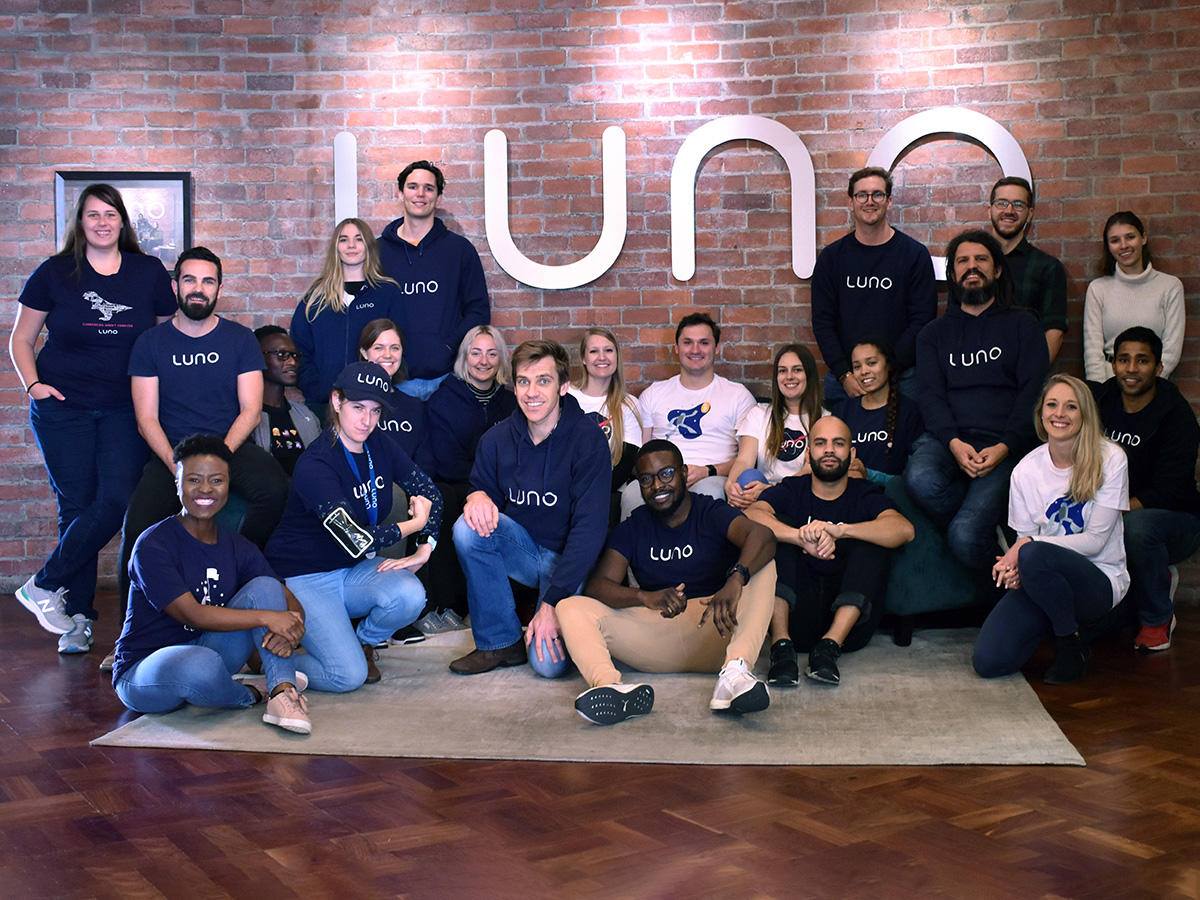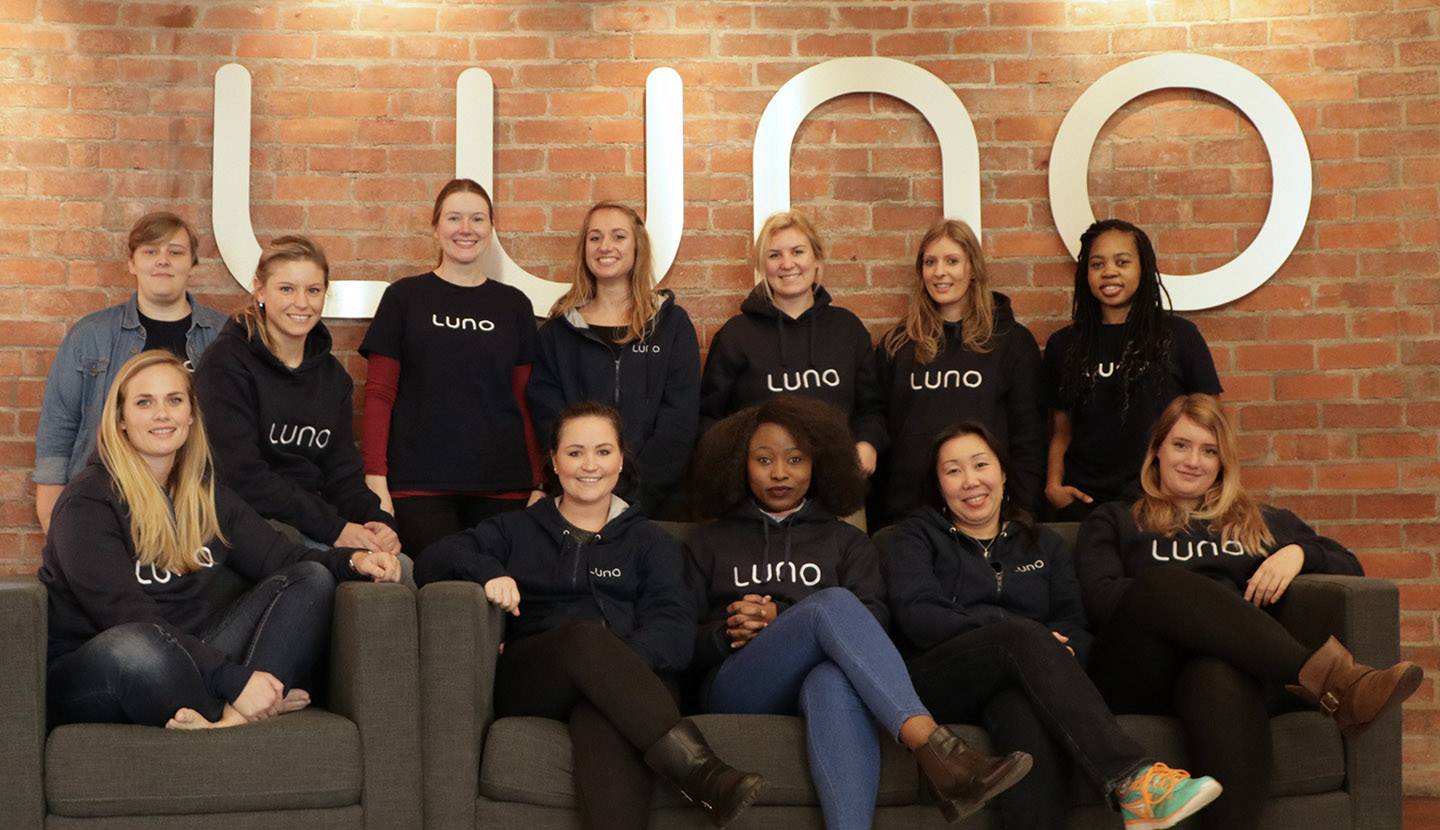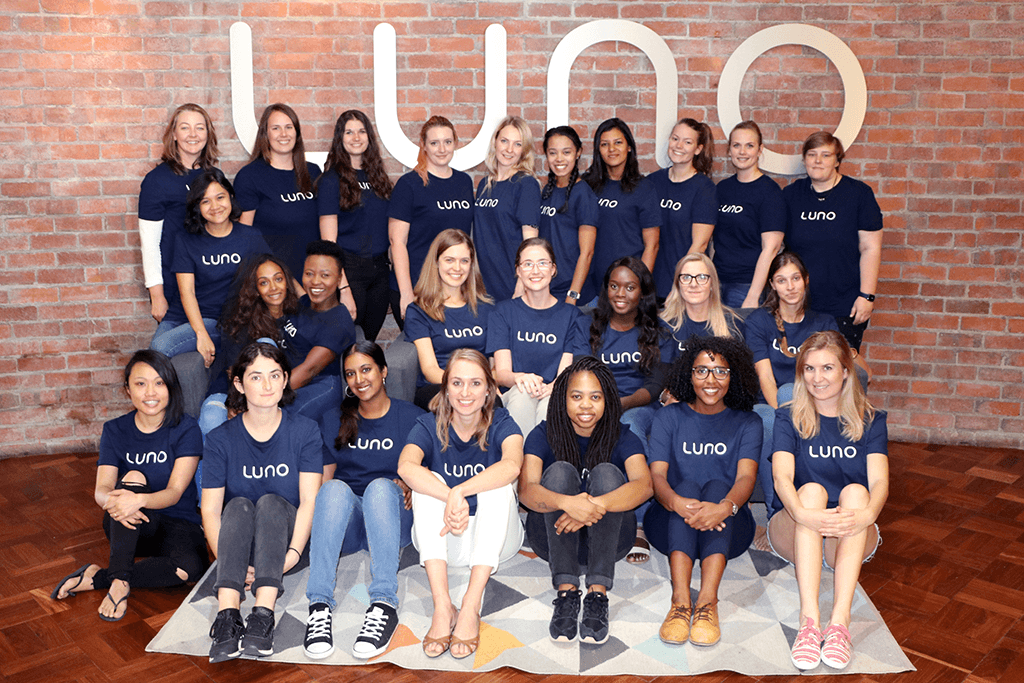The men behind South Africa’s crypto giant
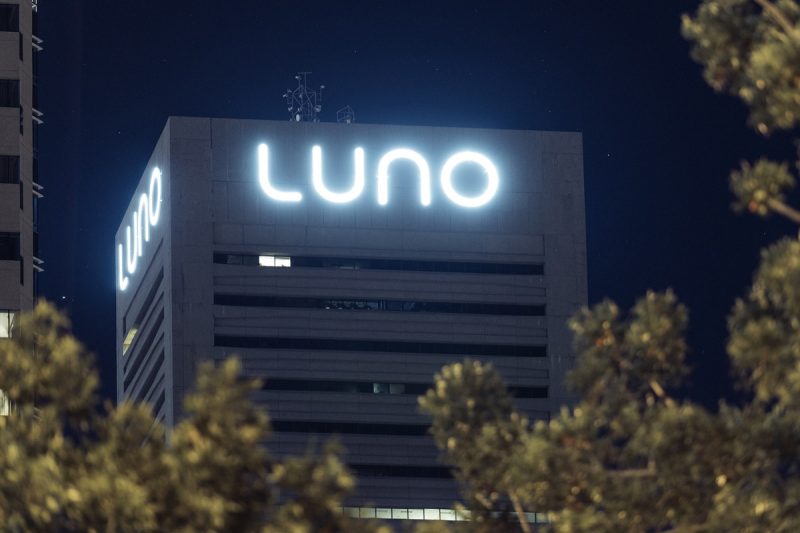
The two main brains behind homegrown cryptocurrency exchange Luno are Marcus Swanepoel and Timothy Stranex.
Swanepoel and Stranex served as the highly successful company’s executive and technological chiefs for nearly a decade.
The story of Luno starts in 2013 when the duo and two other co-founders Carel van Wyk and Francois Paul saw an opportunity to make Bitcoin trading accessible to more South Africans.
Swanepoel completed an accounting degree at Stellenbosh University in 2002 and a postgraduate diploma in accounting at the University of Cape Town in 2003.
Upon starting Luno, he had come off two years working at the leveraged finance division of Standard Chartered Bank in Singapore, after stints at Morgan Stanley and 3i in London.
Stranex had four years of experience working as a software engineer at Google in Zurich, Switzerland.
Before beginning his career, Stranex obtained a University of Cape Town BSc
Luno was originally founded as Switchless and aimed to build blockchain systems for major financial institutions, including the first fully integrated Bitcoin system for Standard Bank.
However, the team realised that the many misconceptions around what blockchain technology could do meant that banks were taking long to embrace the technology.
They pivoted towards crypto trading with the launch of the BitX exchange in 2014. In that same year, the exchange expanded its services into Nigeria, Malaysia, and Indonesia.
In 2015, South African tech and media giant Naspers invested $3 million into BitX in its first funding round. Other early investors included Digital Currency Group (DCG) and Ventura.
By 2016, the BitX team consisted of 15 staff and its Android mobile app had amassed 100,000 downloads.
The exchange’s rebranding to Luno happened at the start of 2017 and formed part of its plan to move beyond just Bitcoin trading.
It added support for other cryptocurrencies, including Ethereum and Litecoin, and its expansion into more countries picked up pace.
In 2018, Luno reported that it doubled its app users after adopting Bitcoin’s move to Segregated Witness (Segwit). It also launched offices in Johannesburg and London.
The year thereafter, the company closed a second funding round with $9 million, expanded into Europe, and reached 1 million Google Play Store downloads.
It also launched the Luno 2.0 platform with support for Bitcoin Cash among the major new features.
In 2020, it added nearly a million more customers and processed almost $3 billion (R44 billion at the time) in trades. That amount was already exceeded in just the first few months of 2021.
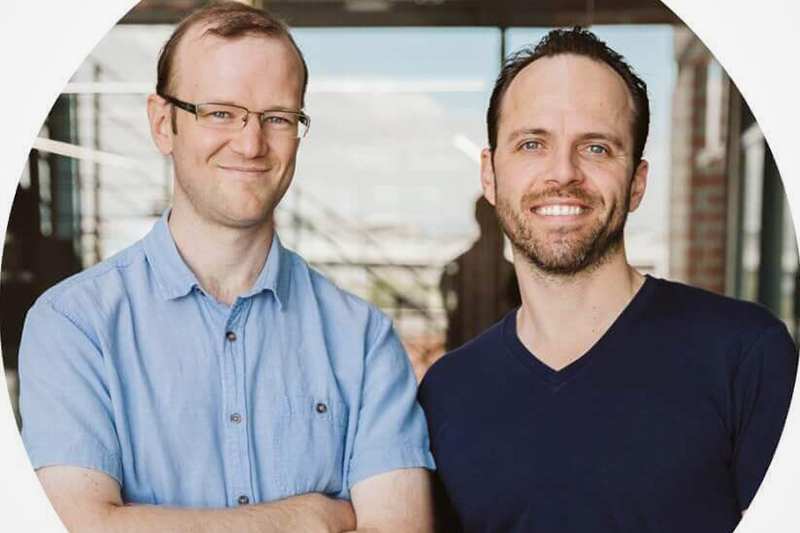
In September 2020, DCG — one of Luno’s earliest investors and owner of major exchange CoinDesk — acquired the company.
Stranex quietly departed from his roughly decade-long position as Luno’s chief technology officer in December 2022.
His exit came after the company announced mass lay-offs amid a struggling crypto market, although Luno denied his resignation was linked to the cost-cutting exercise.
The company said Stranex was pursuing personal projects but he has not publicly shared any details about this.
Swanepoel served as CEO for only a few months longer, before switching to the role of executive chairman.
He left the company at the end of 2023 and founded Rokk, a technology, information, and Internet startup focused on mental well-being.
Aside from being backed by major European venture firms LocalGlobe and Balderton, little else is known about the project.

By 2024, Luno’s customer base stood at more than 12 million in over 40 countries. Four million of these were South Africa.
Key to its local success has been familiarising everyday South Africans with crypto through workshops and the use of celebrities and recognisable figures for marketing.
Its advertisements have included Springbok coach Rassie Erasmus, Springbok captain Siya Kolisi, and comedian Schalk Bezuidenhout.
Aside from its country of origin and the United Kingdom, it operates offices in Australia, France, Malaysia, Indonesia, and Nigeria.
The company is estimated to have somewhere around 500 to 1,000 employees and was advertising 12 positions at the time of publication, 10 of which were in South Africa.
Luno regards itself as the “safest and most compliant” crypto investment platform in the world.
“We take a regulation-first approach, because we believe that’s the best way to keep you and your investment safe.”
Below are photos of Luno events and staff through the years.





